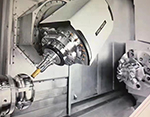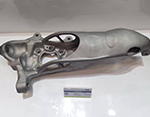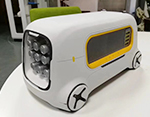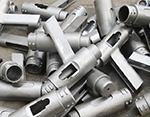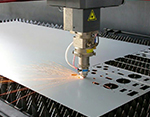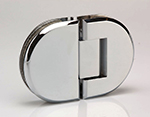-
Service
+
- CNC Precision Machining Service +
- Multi-Axis Simultaneous Machining Service +
- CNC Turning Service +
- Metal 3D Printing Service +
- Rapid Prototyping Service +
- Die Casting Service +
- Sheet Metal Fabrication Service +
-
Finish Serivces
+
- Polishing
- Grinding
- Brushed Finish
- Sand blasting
- Painting
- Powder Painting
- Anodizing
- Hard anodizing Service
- Passivation
- Zinc Plating
- Nickel Plating
- Chrome Plating
- Blackening
- Black Zinc Plating
- Teflon Coating
- Titanium Coating
- DLC Coating
- Laser Marking
- Silk Screen Printing
- Transfer Printing
- Micro Arc Oxidation
- Industries +
- About Us +
- Resource +
- Contact Us
- Quote

-
Service
-
>
-
>
-
>
-
>
-
>
-
>
-
>
-
>
-
- Industries
- About Us
- Resource
- Contact Us
Medical Device Machining
CNC machining for the medical industry helps manufacturers produce parts faster and more efficiently for hospitals and more.In an industry where even the slightest error can cause severe health complications, it is paramount that the machining process of medical parts provides high tolerances and precision measurements.
CNC machining has been the most ideal for developing precision medical devices and instruments among all machining processes. Advancing CNC processing technologies have humanised the manufacturing of medical devices over the years.
Applications of CNC Machining When Manufacturing Medical Devices
Owing to its significant compatibility with the medical industry, machinists have begun harnessing the potential of CNC medical machining in manufacturing medical precision parts. Here are some medical devices that use CNC machining for their manufacturing process:
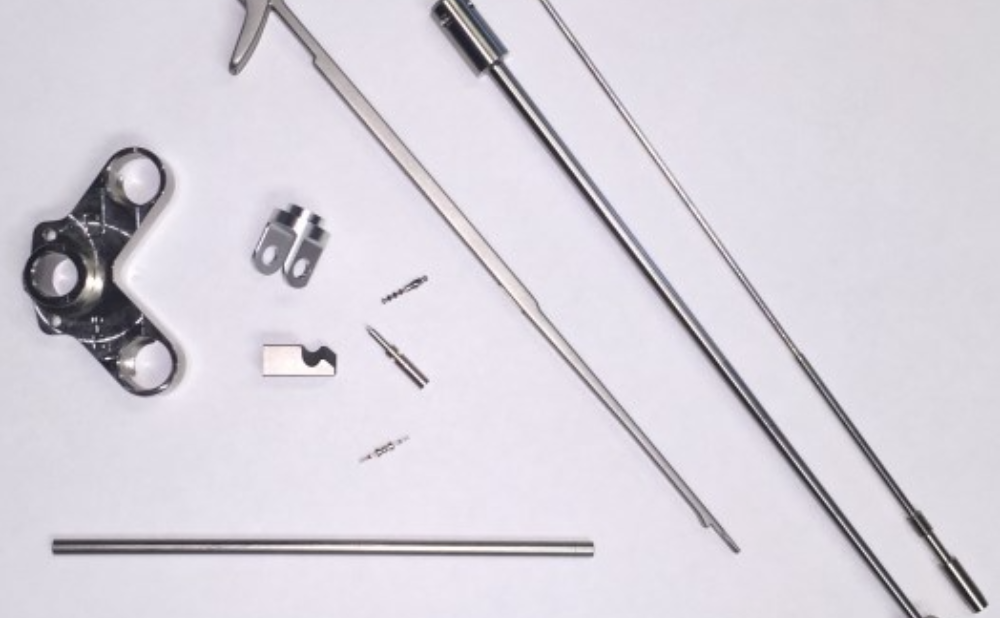
1. Machined Surgical Instruments
CNC machining can manufacture high-grade surgical instruments used by medical experts during operations, such as:
Surgical scissors
Blade handles
Biopsy tubes
Cutters
Implant holders
Forceps
Such CNC machined surgical tools and instruments demand scrupulousness and precision and are subject to additional safety requirements that include ease of sterilisation.
Some medical instruments must get manufactured in short production runs, and some demand fabrication for individual patients. Therefore, CNC machining is the ideal approach owing to its reasonable production perks.
2. Micromachining
Micromachining deals with the manufacturing of exceedingly small medical parts. These parts are used primarily in implantable devices, drug-delivering technologies, exploratory surgical tools, and others.
Micromachining can produce the following tools:
Stents
Pacemaker components
Catheters
Drug delivery systems
Miniature screws for implants and devices
Ophthalmic devices
These devices have immense sophistication bundled into their small sizes, which demands high precision and expertise.
Battery manufacturers deal with significant challenges for micro-implantable devices. Therefore, CNC medical machining is the ideal choice considering that it provides high precision levels even for components under 50 microns.
3. Electronic Medical Equipment
Surgical instruments are simple devices that typically comprise one or two metal components. However, CNC machines can manufacture parts for the most complex equipment, such as heart rate monitors, X-ray machines, and MRI scanners.
Such valuable pieces of equipment comprise thousands of individual parts, and most of these components can get fabricated using CNC machines. Machined equipment parts include tiny components such as buttons, switches, and levers, or bigger items like monitor housings.
All these components must offer unparalleled precision to eliminate the risk of machine failure, especially since medical apparatus gets wheeled frequently across the hospital. However, unlike surgical tools or implants, these components do not have to be biocompatible since they might never come in direct contact with a patient.
4. Medical Implants
Machining medical parts have had a significant impact on the production of bodily implants, such as knee implants and hip replacements. Typically, medical professionals only need implants in limited quantities, implying that a process such as injection molding will be uneconomical to employ since it is pricey.
However, via CNC medical machining, machinists can utilise the tools used repeatedly, which inhibits the escalation of production costs. CNC machining, combined with 3D printing, can enhance the durability and performance of artificial body parts.
Implants are produced from various metals such as titanium and plastics like PEEK. CNC machines offer compatibility with an extensive scale of materials, making them ideal for such production processes.
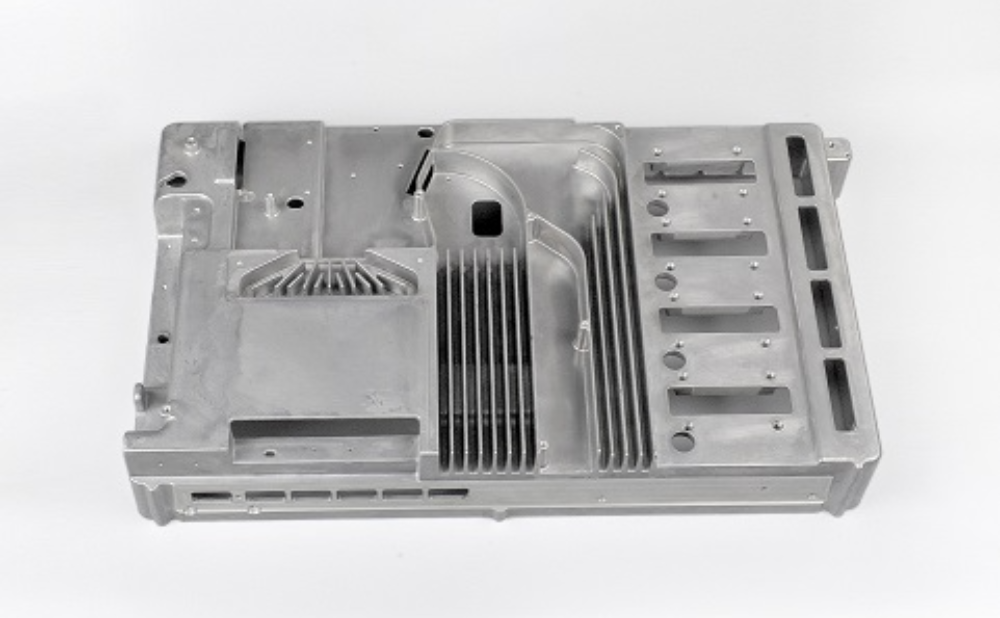
Perks of CNC Machining
Here are some benefits and applications of employing CNC machining when manufacturing medical devices at any scale:
1. No Volume Restrictions
Once you have created a CAD file, you can swiftly generate a coding program from it. This coding program helps manufacture any number of parts with just a button's push.
This is a significant advantage when producing single-use or one-off custom parts, which is typically the case for specialized medical devices, equipment, appliances, prosthetics, and other medical components.
2. Fast and Seamless Production Pace
Depending upon the complexity of the medical component, proceeding from a digital CAD file to a finished product takes merely a couple of hours with CNC machining.
Swift manufacturing is exceptionally reliable in a medical emergency when it is challenging to anticipate the kinds of supplies and their quantities. These values might be relevant for future patients within a brief window.
3. Portability
Small portable CNC machines can easily fit on a desktop. You can use a tabletop milling machine to manufacture precise parts, fixtures, jigs, and other urgently required medical or surgical components.
Their miniature size and modest power consumption for production are optimal for medical emergencies or isolated rural areas that might have limited access to full-service hospitals.
4. Tight Tolerances
Several sophisticated medical devices demand excessively tight tolerances, a leap that is easy to accomplish on decent CNC machines. CNC machining renders excellent surface finishes and demands minimal post-processing.
Medical devices, products, and related equipment must be fit for all purposes; any variation in specifications could lead to disasters in the medical domain. Digital machining mitigates this risk to a bare minimum.
Final Words
Medical instrument machining demands high levels of precision and accuracy, which makes CNC machining the preferred choice. With time constraints and the requirement of incomparable precision, other machining processes often fail to deliver in time.
Not only is CNC machining more efficient and robust, but it also saves time and expenses in the long run.
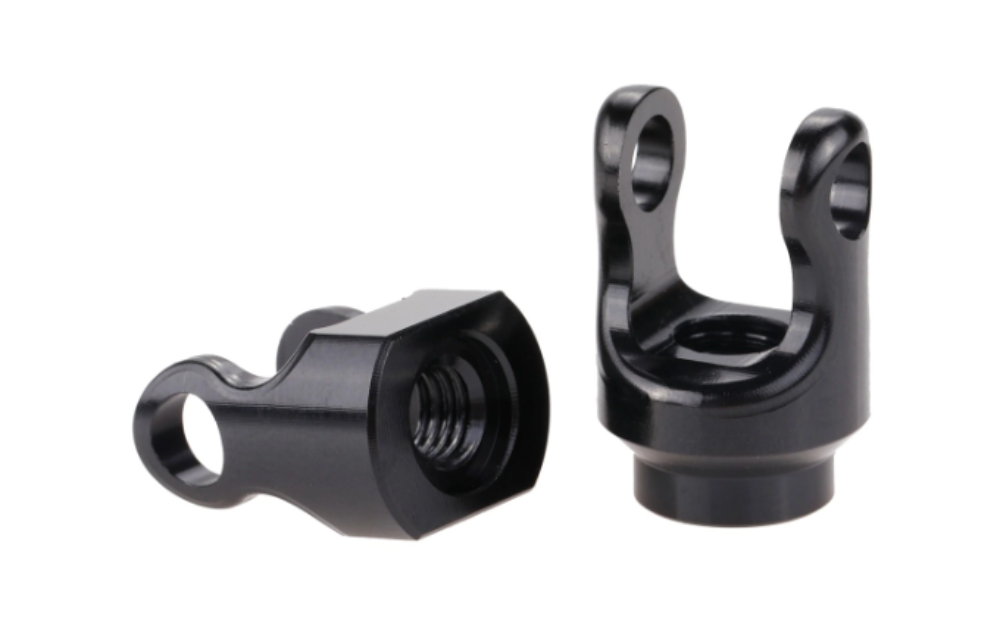
Contact:
Email: Diana@kesugroup.com
WhatsApp: +86 134 2483 1067
Our engineer team are ready for your projects and provide feedback quickly.

